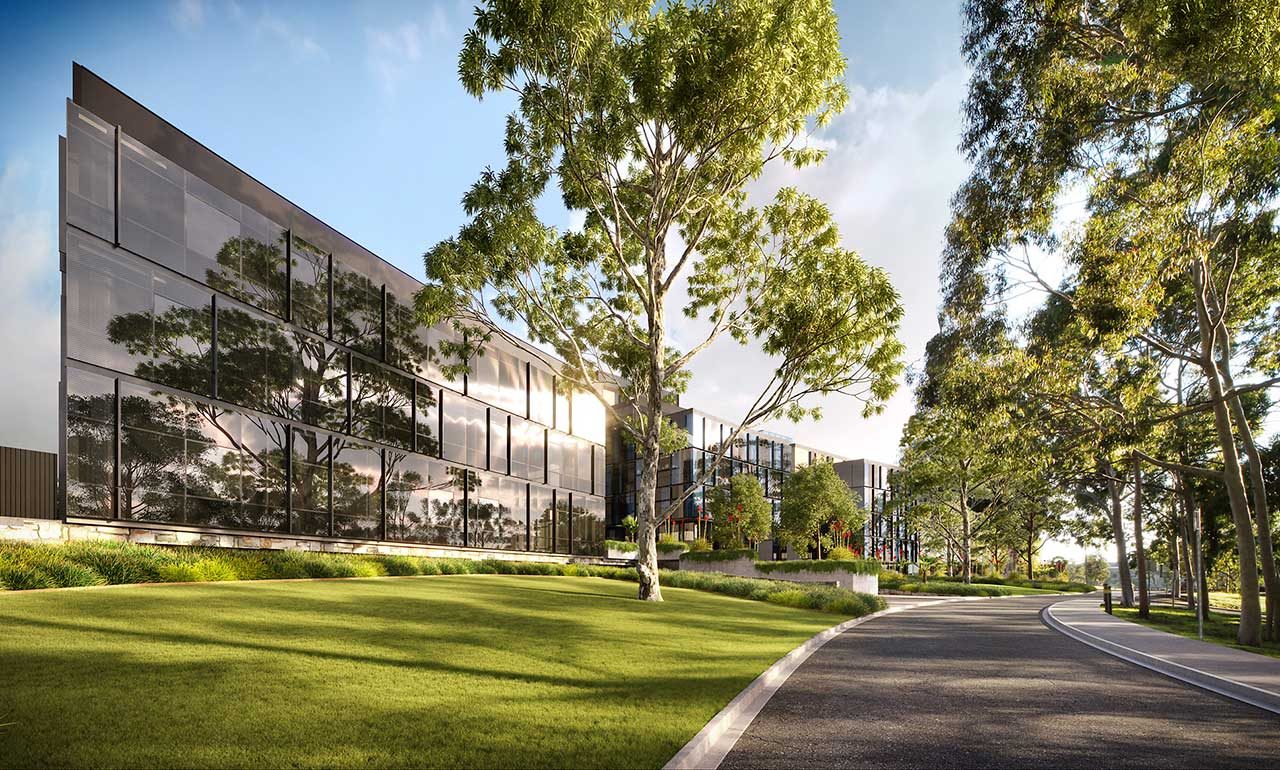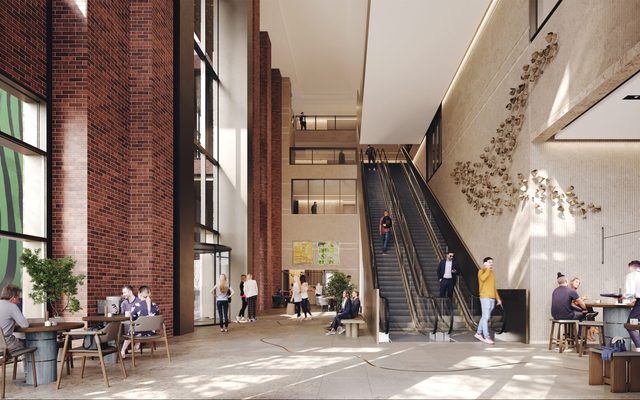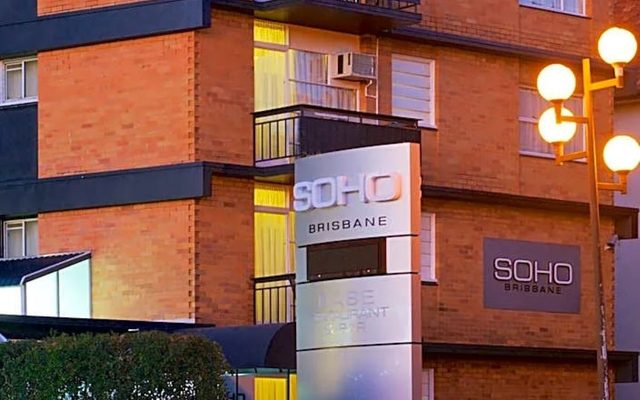This article is from the Australian Property Journal archive
GARDA Property Group will take a value hit of more than 27% on the sale of a pair of Melbourne city fringe office buildings that have been picked up by Sentinel Property Group for $80 million, as the office market faces an ongoing reckoning of asset values.
In response to a media report, ASX-listed Garda yesterday took to the stock exchange to make an announcement confirming the sale price of Buildings 7 and 9 at the Botanicca Corporate Park in Richmond – well below the independent book value in the 30th June financial report that had both properties listed as “assets held for sale” at $110.5 million – and also that a Sentinel entity was the buyer.
“The transaction is highly conditional on a number of matters outside the control of Garda including successful completion of due diligence, capital raising and finance,” Garda said in the statement.
Garda put the building to the market in August last year with hopes of more than $120 million as it turned its attention to its logistics pipeline. In May, it revealed the fully leased Botanicca 7’s capitalisation rate had lifted 1.13% to 6.13% – it has a 3.8-year weighted average lease expiry – while its value fell $13.2 million to $50.5 million, and Botanicca 9’s cap rate increased 0.88% to 5.88% and $9.4 million was wiped off its value, to $60.0 million That building is 73% occupied and has a WALE of 5.3 years.
Price discovery has become a major challenge as the gap between buyers and sellers, together with the impact of higher interest rates and cost of debt, dragged down Australian commercial real estate transactions in the June quarter to their lowest level since 2011.
Buyers and sellers of office buildings need to make up a 30% gap on price expectations for the market to return to “normal” liquidity, according to MSCI Real Assets.
Speaking in Australian Property Journal’s latest “Talking Property” podcast, Benjamin Martin-Henry, head of real estate research, Pacific, MSCI said the office sector is still “the biggest talking point” as it continues to go through an “actual structural change obviously, with people working from home more, occupancy rates are significantly down on what they were pre-COVID; in our major markets, Sydney and Melbourne, for example, vacancy rates are in double digits and double the long-term averages, at 13% and 14% – that’s a huge change – incentive levels in Sydney are at around 40%, that’s double what they were three years ago, Melbourne’s pushing 50%.
“So there’s a lot of issues in the office market which is why we’ve seen such limited transaction volumes.”
Among the few recent deals that have come through for major office towers there have been notable writedowns, including for a pair of Dexus assets in Sydney’s CBD, as the major landlord copped a $1.184 billion devaluation of its portfolio. It did, however, sell the Axxess Corporate Park in the Melbourne suburb of Mount Waverley for $306.2 million, at a 7.4% premium to valuation.
Early this year, Garda sold a fully-occupied office building with a long 7.9-year weighted average lease expiry in the Melbourne satellite suburb of Box Hill for $40.3 million, at a 14% discount to book value of $47 million, and representing a 5.9% yield.
Melbourne deals emerge
In a potential sign of a thawing market, the Garda transaction has arrived as Harry Stamoulis acquired the 1 Nicholson Street building on tip of the CBD for $155 million.
The 19-storey building is anchored by explosives manufacturer Orica and is also tenanted by architects Bates Smart.
It was purchased from the Charter Hall Direct Office Fund, whose portfolio value fell by 5.4% in the first half of 2023. Charter Hall chief executive David Harrison told Nine Media the divestment was in line with the fund’s strategy of selling older buildings, while retaining and reinvesting in newer buildings.




